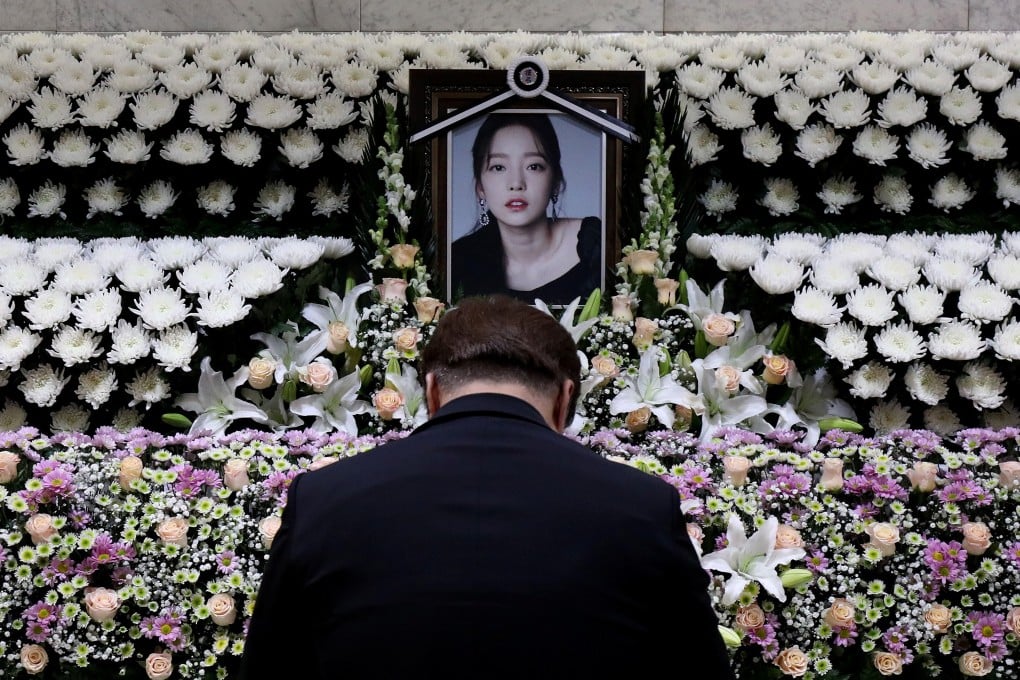The dark side of being a K-pop star
- The suicides of Goo Hara and Sulli just six weeks apart highlight pitfalls of entering the entertainment industry in South Korea, where exploitation is the norm

Celebrity has never been easy, but it is particularly difficult for South Korea’s pop stars. The suicides of singers and friends Goo Hara, 28, and Sulli, 25, within six weeks of each other, have once more shined a light on the dark side of the K-pop industry, the country’s top cultural export.
Behind the synthesised music, videos, fashionable clothing and synchronised dance routines lies not only fame, but also pressure, sacrifice, scrutiny, exploitation, online bullying and for some, depression. It is an unforgiving mix that, despite the wealth generated for companies, provides few protections for the entertainers.
K-pop and controversy have always gone hand in hand. The industry is riven by scandals involving exploitation and sexual harassment.
A factory and commodity environment has been created, with multitudes of South Koreans training from their early teens to get noticed by talent scouts and training schools carefully cultivating images to the point of micromanaging every aspect of the life of recruits, from what they eat to where they can go to relationships.
Star status rarely lasts long; the demand of fans for young and cute and the latest dance moves means that by the mid to late 20s, entertainers have to look for a new career.